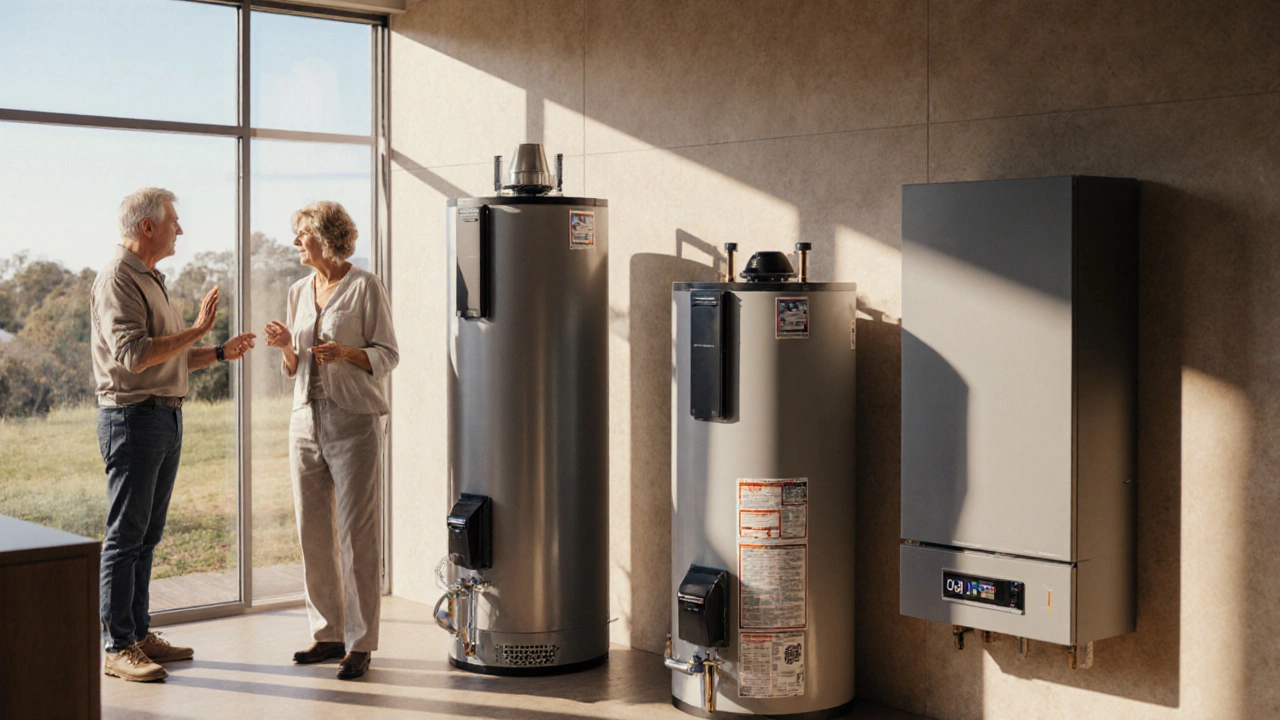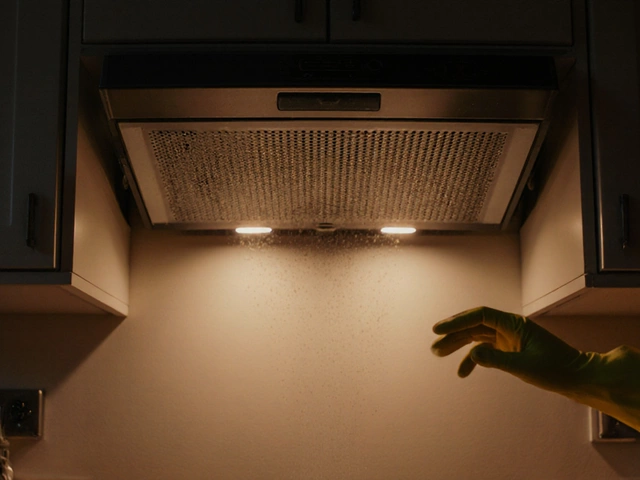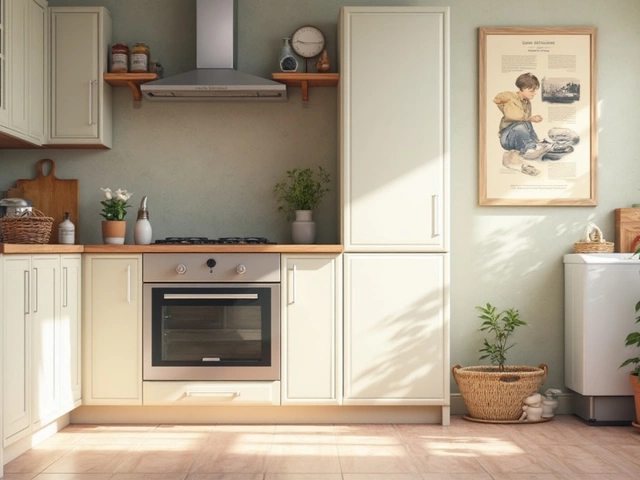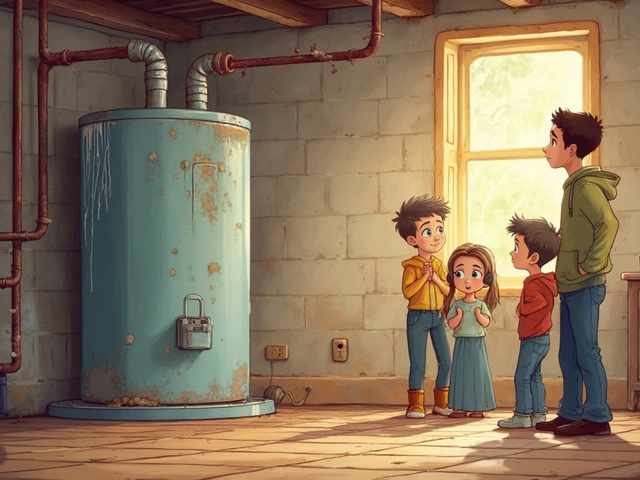Australian Water Heater Brand Lifespan Calculator
Select a Brand to Compare:
Rheem
Gas/Electric
MTBF 15-20yDux
Electric
MTBF 14-18yRinnai
Gas Tankless
MTBF 18-25yBosch
Gas/Electric Tankless
MTBF 20-25yLifespan Estimate
Select a brand and adjust settings to see estimated lifespan.
When you’re picking a water heater, the first thing on your mind is usually price or energy use, but what will actually save you money in the long run is how long the unit survives the daily grind. A heater that outlives its warranty means fewer surprise calls to a repair tech and more hot showers for you.
water heater brand is the central factor that determines lifespan, because each manufacturer builds its products with different materials, engineering tolerances, and quality‑control standards.
Key Takeaways
- Rheem and Dux consistently hit 15‑20years of real‑world service.
- Tankless units from Rinnai and Bosch can last 20years or more when maintained.
- Extended warranties (10years or more) usually signal a longer‑lasting design.
- Regular flushing, temperature checks, and insulation upgrades add 5‑10years to any system.
- Choosing the right fuel type for your local climate (gas vs. electric) reduces stress on components.
How Durability Is Measured
Industry reviews and Australian consumer reports track three core metrics:
- Mean Time Between Failures (MTBF) - average operating years before a major breakdown.
- Warranty Length - the period the manufacturer guarantees replacement or repair.
- Field‑Return Rate - percentage of units that return for service within the first five years.
When MTBF aligns with the warranty period and the field‑return rate stays below 5%, the brand is generally considered “long‑lasting”.
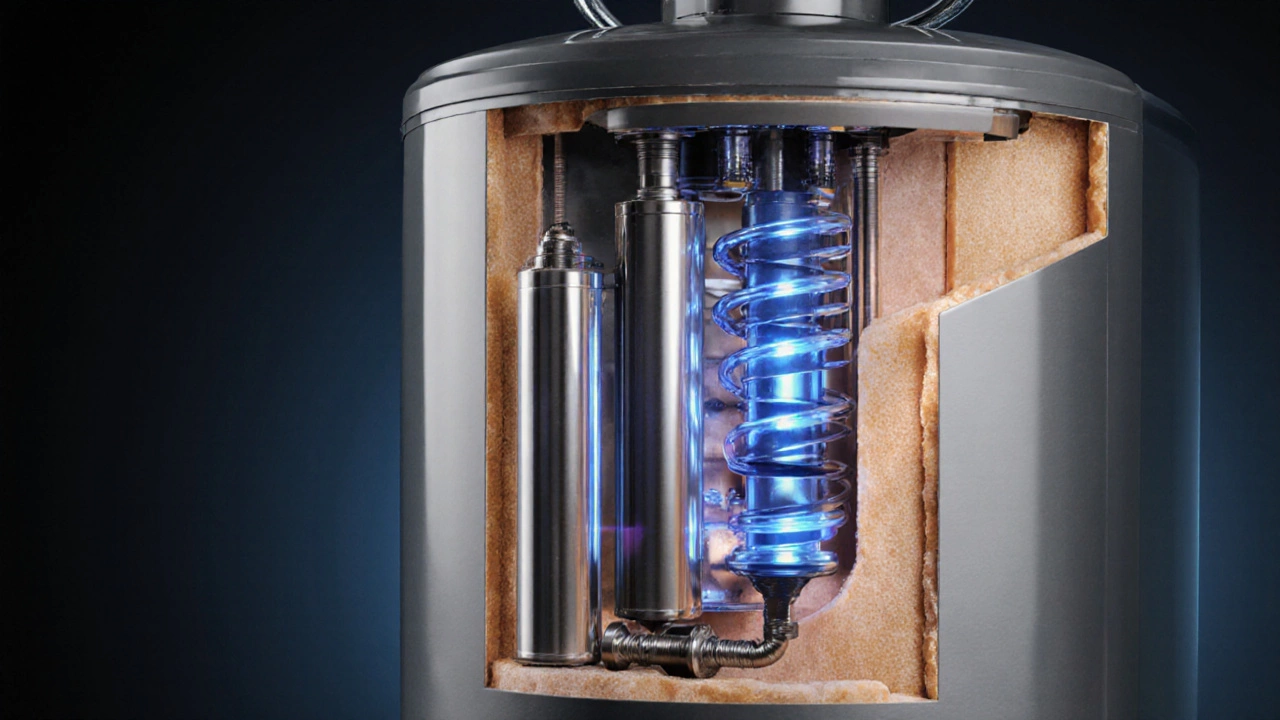
Top Long‑Lasting Brands in Australia
| Brand | Typical Lifespan (years) | Standard Warranty (years) | Fuel Type | Average Price (AUD) |
|---|---|---|---|---|
| Rheem | 15‑20 | 10 | Gas / Electric | $1,200‑$2,200 |
| Dux | 14‑18 | 10 | Electric | $1,100‑$1,900 |
| Rinnai | 18‑25 (tankless) | 12 | Gas | $2,000‑$3,500 |
| Bosch | 20‑25 (tankless) | 12 | Electric / Gas | $2,200‑$4,000 |
| Vulcan | 12‑15 | 8 | Gas | $1,300‑$2,500 |
Why These Brands Outlast the Competition
Rheem uses a patented titanium‑coated heat exchanger that resists corrosion, a major cause of early failure in coastal cities like Brisbane. Dux pairs its electric tanks with an insulated liner and a reinforced steel shell, reducing thermal stress.
Rinnai and Bosch dominate the tankless market because they employ digital flow sensors that modulate heating power, keeping internal components from overheating.
Vulcan’s smaller warranty stems from a thinner steel tank designed for budget installations; it works fine but doesn’t survive the salty sea‑breeze as well as the thicker‑gauge models.
Factors That Influence a Heater’s Lifespan
- Water Quality - Hard water deposits scale the heating element, accelerating wear.
- Temperature Settings - Keeping the thermostat at 60°C instead of 75°C reduces thermal cycling.
- Installation Environment - Direct sunlight or poor ventilation can cause premature rust.
- Fuel Type - Gas units face combustion‑by‑product corrosion; electric units deal with electrical wear.
- Frequency of Use - A household with three showers daily will see faster wear than a single‑person flat.
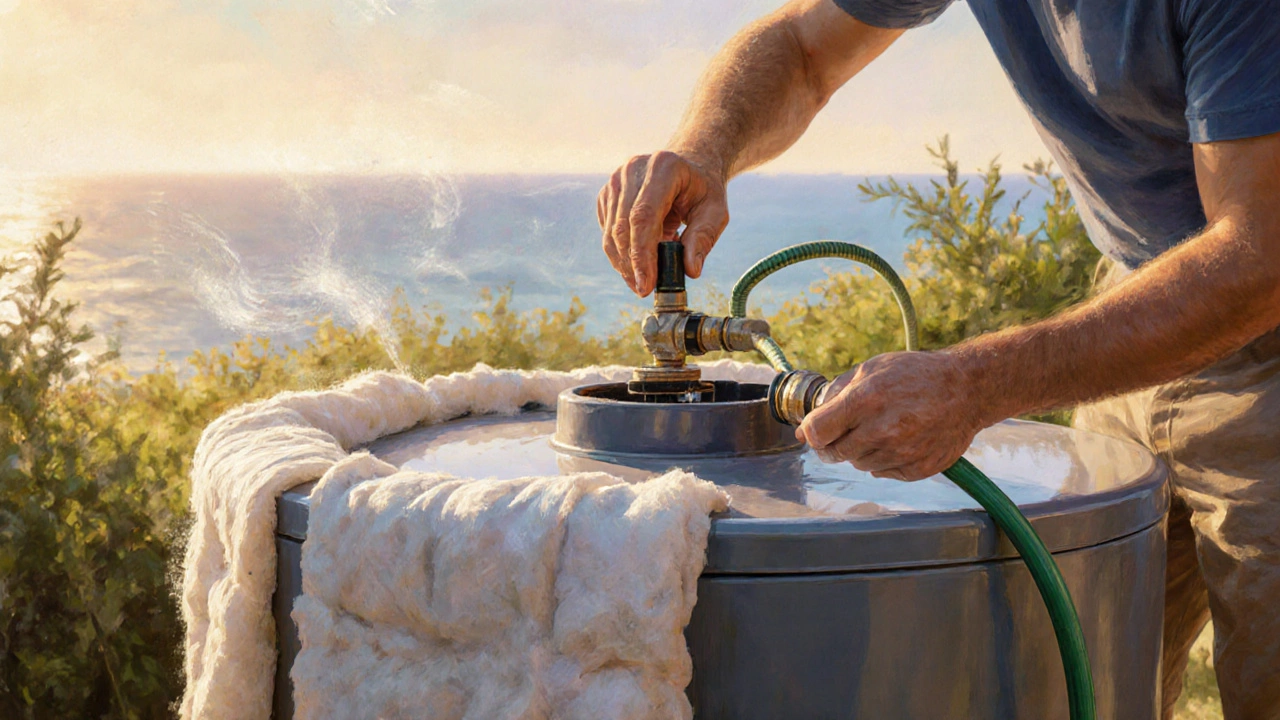
Maintenance Tips to Extend Service Life
Even the toughest brand needs a little love. Follow these simple steps to push your heater past the 15‑year mark:
- Flush the tank twice a year. Connect a garden hose to the drain valve, open the valve, and let water run until it’s clear.
- Check the anode rod. The sacrificial zinc or aluminium rod eats away first, protecting the tank. Replace it every 3‑5years.
- Inspect the temperature‑pressure (T‑P) relief valve. Lift the lever; water should flow freely. A stuck valve can cause dangerous pressure buildup.
- Seal any gaps around the vent pipe. Drafts cause condensation, which speeds up corrosion.
- Upgrade insulation. Adding a 25mm blanket around the tank reduces heat loss and keeps the element cooler.
For tankless models, the key is descaling the heat exchanger every 12‑18months, especially if you have hard water.
Choosing the Right Brand for Your Home
If you live in a coastal suburb of Brisbane where the air is salty and the water is hard, a Rheem tank with its titanium coating is a safe bet. If you have a small, energy‑efficient apartment and want to save space, a Rinnai tankless unit delivers endless hot water without the large storage tank.
Consider your upfront budget versus long‑term savings. A higher‑priced Bosch unit may cost $2,500 more than a Dux tank, but its 12‑year warranty and 20‑year MTBF often result in lower lifetime service costs.
Frequently Asked Questions
Which water heater brand offers the longest warranty in Australia?
Rinnai and Bosch both provide 12‑year warranties on their tankless models, the longest standard coverage you’ll find on the market.
Do tankless water heaters really last longer than tank models?
Yes. Because tankless units don’t store water, they avoid the constant thermal stress that corrodes tank walls. When maintained, they often exceed 20years of service.
How often should I replace the anode rod?
In Brisbane’s hard‑water conditions, replace the anode rod every 3‑5years to keep the tank from rusting.
Is a gas water heater better than electric for longevity?
It depends. Gas units can corrode faster because of combustion by‑products, but high‑grade brands like Rheem mitigate this with protective coatings. Electric models avoid combustion issues but can suffer from element wear.
What’s the biggest mistake homeowners make that shortens a heater’s life?
Skipping the annual flush. Minerals build up quickly in hot water tanks, so a missed flush dramatically reduces efficiency and speeds up corrosion.
